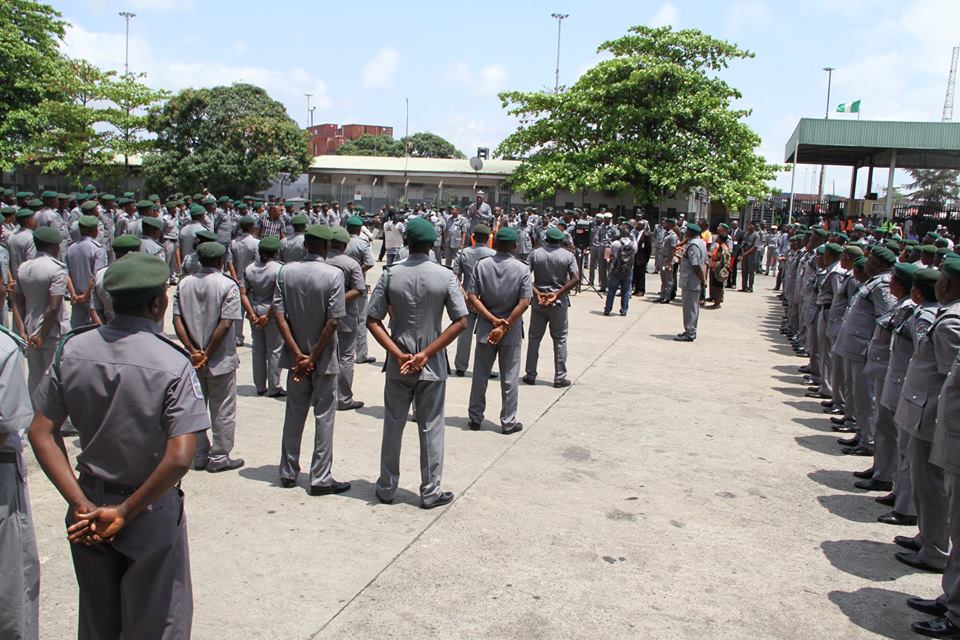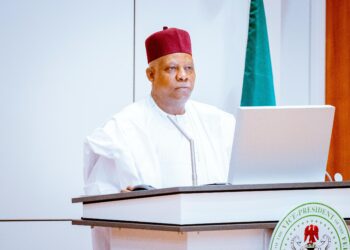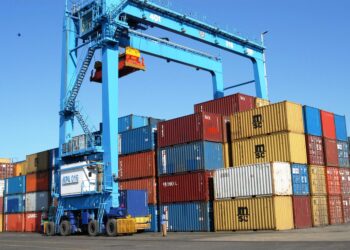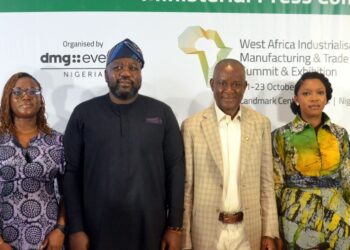Nigerian customs says the facilitation of trade requirements ranging from Pre-Arrival processes to Electronic Payments of duties would be important for the AfCFTA implementation for Nigeria.
This was disclosed by Abdullahi Babani of the Nigerian Customs Service represented by HJ Swomen (Comptroller Import and Export) on Thursday at the AfCFTA Sensitization Seminar organized by the National Action Committee of the implementation of the agreement.
Mr Swomen said the Customs is working to integrate systems with West African neighbours to prevent dumping of goods through Rules of Origin measures.
“Liberalization of 90% of tariff lines will affect customs revenues. About 85% of import come from outside Africa, leaving about 15% from the continent, but the agreement is an opportunity for Nigeria to boost exports and production,” he said.
He added that Nigerian exports have suffered setbacks relating to Rule of Origin issues and urged for a mutual exchange of data between Customs administrations in the continent.
He said that the Nigerian Customs has already begun cooperating with its counterparts like the ECOWAS Common External Tariff (CET) and the Joint Committee on Commerce Agreement signed with Benin Republic in 2004.
However, challenges still exist in the form of engagements with the Beninese Customs on Cross Border Trade Facilitations including joint border posts, mutual escort of transit goods and the interconnection of systems of both parties, which is on-going.
On requirements need for Trade facilitation he said the Customs Service has upgraded its Pre-Arrival processing, Electronic Payment, Expedited release of perishable goods, provisional release of relief materials and Dispute resolution mechanisms.






















